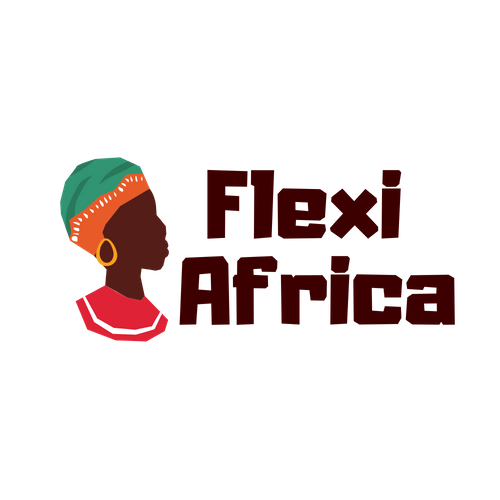
The Global Impact of Choosing African-Made Fashion
In recent years, African fashion has gained significant recognition on the global stage, capturing the attention of fashion enthusiasts, designers, and ethical consumers alike. More than just a trend, choosing African-made fashion represents a shift towards cultural appreciation, economic empowerment, and sustainability. By supporting African designers and artisans, consumers contribute to a movement that reshapes global fashion dynamics while celebrating the continent’s rich heritage.
Preserving Cultural Heritage and Identity
African fashion is deeply rooted in cultural traditions, with textiles, patterns, and designs that carry historical significance. Fabrics like Kente from Ghana, Ankara from West Africa, and Shweshwe from South Africa tell stories of identity, social status, and heritage. By choosing African-made fashion, consumers help preserve these traditions, ensuring that indigenous craftsmanship continues to thrive in the modern world. Furthermore, it fosters global appreciation for the diverse artistic expressions across the continent.
Empowering Local Economies and Artisans
Purchasing African fashion directly supports local businesses, tailors, and artisans, many of whom rely on their craft for economic stability. The fashion industry is a vital source of employment in many African countries, and by investing in their work, consumers help create sustainable income opportunities. This empowerment fosters economic independence and enables communities to thrive, reducing reliance on foreign aid and promoting self-sufficiency.
Promoting Sustainability and Ethical Fashion
Many African fashion brands prioritize sustainability, utilizing natural fibers, organic dyes, and traditional handcrafting techniques that reduce environmental impact. Unlike fast fashion, which contributes to pollution and unethical labor practices, African-made fashion often embraces slow fashion principles, ensuring fair wages and ethical working conditions. Choosing African-made fashion supports eco-friendly and socially responsible production, aligning with the global movement towards sustainability.
Enhancing Global Fashion Diversity
The influence of African fashion on the global industry is undeniable. From high-end designers incorporating African prints into their collections to international fashion weeks showcasing African talent, the world is beginning to recognize the continent’s creative potential. By wearing African-made fashion, consumers challenge the dominance of Western-centric styles and encourage a more inclusive representation of global cultures in the fashion industry.
Strengthening Africa’s Position in the Global Market
As demand for African fashion grows, the continent's designers gain more visibility and influence in the global market. This shift not only elevates African brands but also challenges stereotypes, proving that Africa is a hub of innovation, creativity, and entrepreneurship. International collaborations and e-commerce platforms further enhance access to African-made fashion, enabling designers to compete on a global scale.
Conclusion
Choosing African-made fashion is more than just a style statement—it is a commitment to cultural appreciation, economic empowerment, sustainability, and global inclusivity. By supporting African designers and artisans, consumers play an active role in reshaping the fashion industry while embracing the beauty and diversity of African heritage. As the world moves towards ethical and meaningful fashion choices, investing in African-made fashion becomes a powerful way to make a difference.
Del
